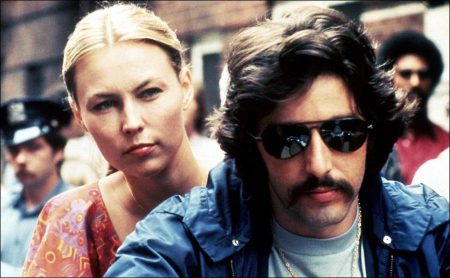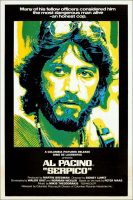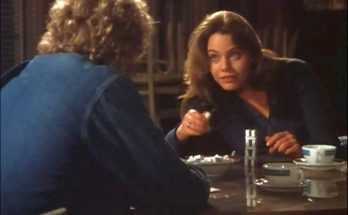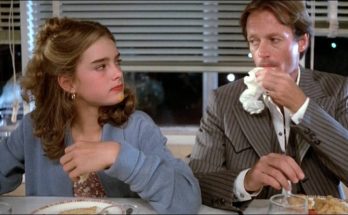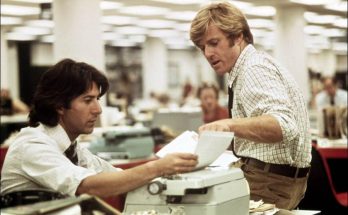Serpico is a cop in the 1960s-early 1970s. Unlike all his colleagues, he refuses a share of the money that the cops routinely extort from local criminals. Nobody wants to work with Serpico, and he’s in constant danger of being placed in life threatening positions by his “partners”. Nothing seems to get done even when he goes to the highest of authorities. Despite the dangers he finds himself in, he still refuses to ‘go with the flow’, in the hope that one day, the truth will be known.
Serpico is a 1973 American neo-noir crime drama film directed by Sidney Lumet and starring Al Pacino. Waldo Salt and Norman Wexler wrote the screenplay, adapting Peter Maas’s biography of NYPD officer Frank Serpico, who went undercover to expose corruption in the police force. Both Maas’s book and the film cover 12 years, 1960 to 1972. The film and principals were nominated for numerous awards, earning recognition for its score, direction, screenplay, and Pacino’s performance. The film was also a commercial success.
About the Story
Working as a uniformed patrolman, Frank Serpico excels at every assignment. He moves on to plainclothes assignments, where he slowly discovers a hidden world of corruption and graft among his own colleagues. After witnessing cops commit violence, take payoffs, and other forms of police corruption, Serpico decides to expose what he has seen, but is harassed and threatened by his peers. His struggle leads to infighting within the police force, problems in his personal relationships, and his life being threatened.
Finally, after being shot in the face during a drug bust on February 3, 1971, he testifies before the Knapp Commission, a government inquiry into NYPD police corruption between 1970 and 1972. After receiving a New York City Police Department Medal of Honor and a disability pension, Serpico resigns from the force and moves to Switzerland.
Serpico (1973)
Directed by: Sidney Lumet
Starring: Al Pacino, John Randolph, Jack Kehoe, Biff McGuire, Barbara Eda-Young, Cornelia Sharpe, Tony Roberts, John Medici, Albert Henderson
Screenplay by: Waldo Salt
Production Design by: Charles Bailey
Cinematography by: Arthur J. Ornitz
Film Editing by: Dede Allen, Richard Marks
Costume Design by: Anna Hill Johnstone
Set Decoration by: Thomas H. Wright
Art Direction by: Douglas Higgins
Music by: Mikis Theodorakis
Distributed by: Paramount Pictures
Release Date: December 5, 1973
Views: 104
